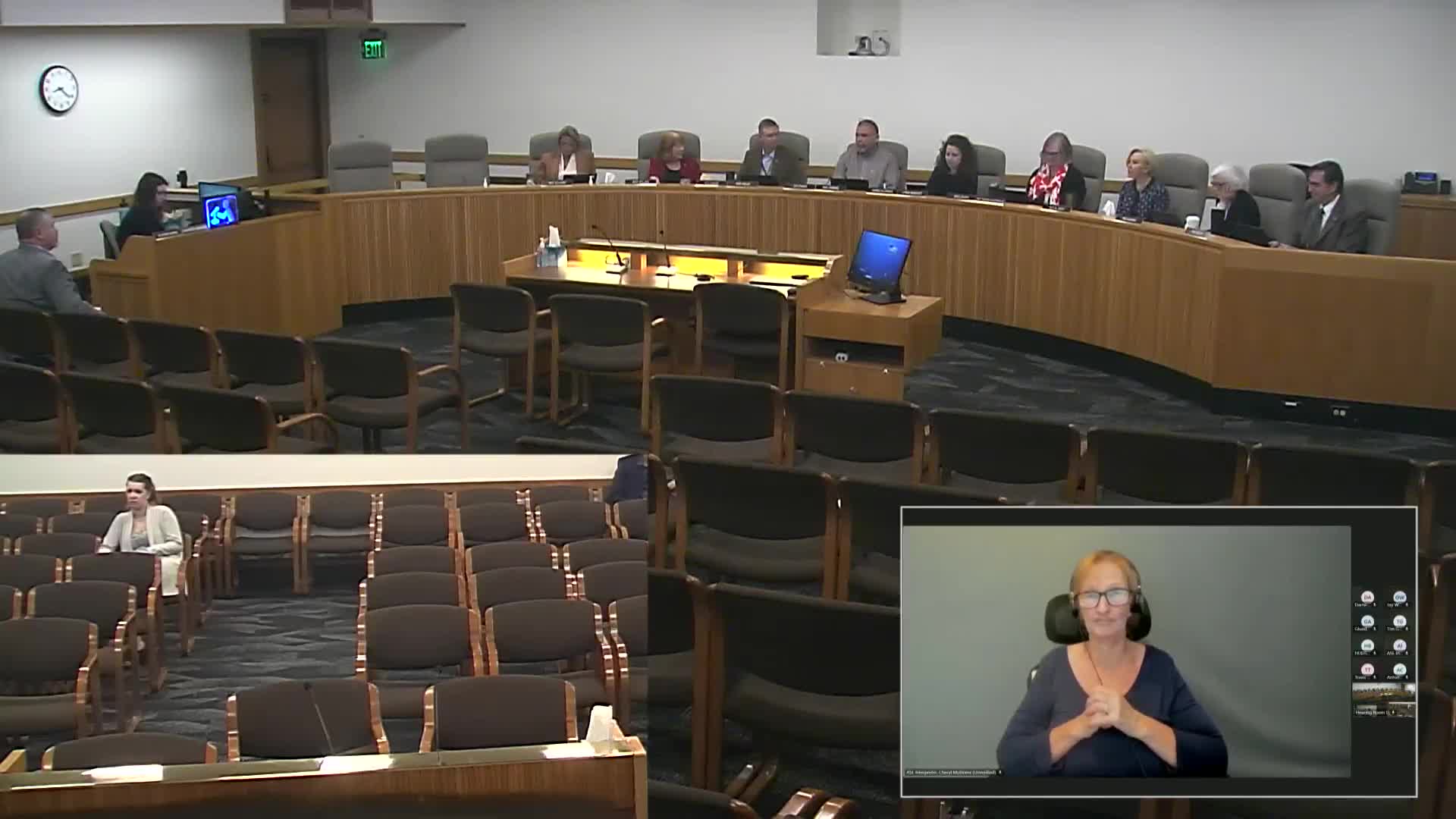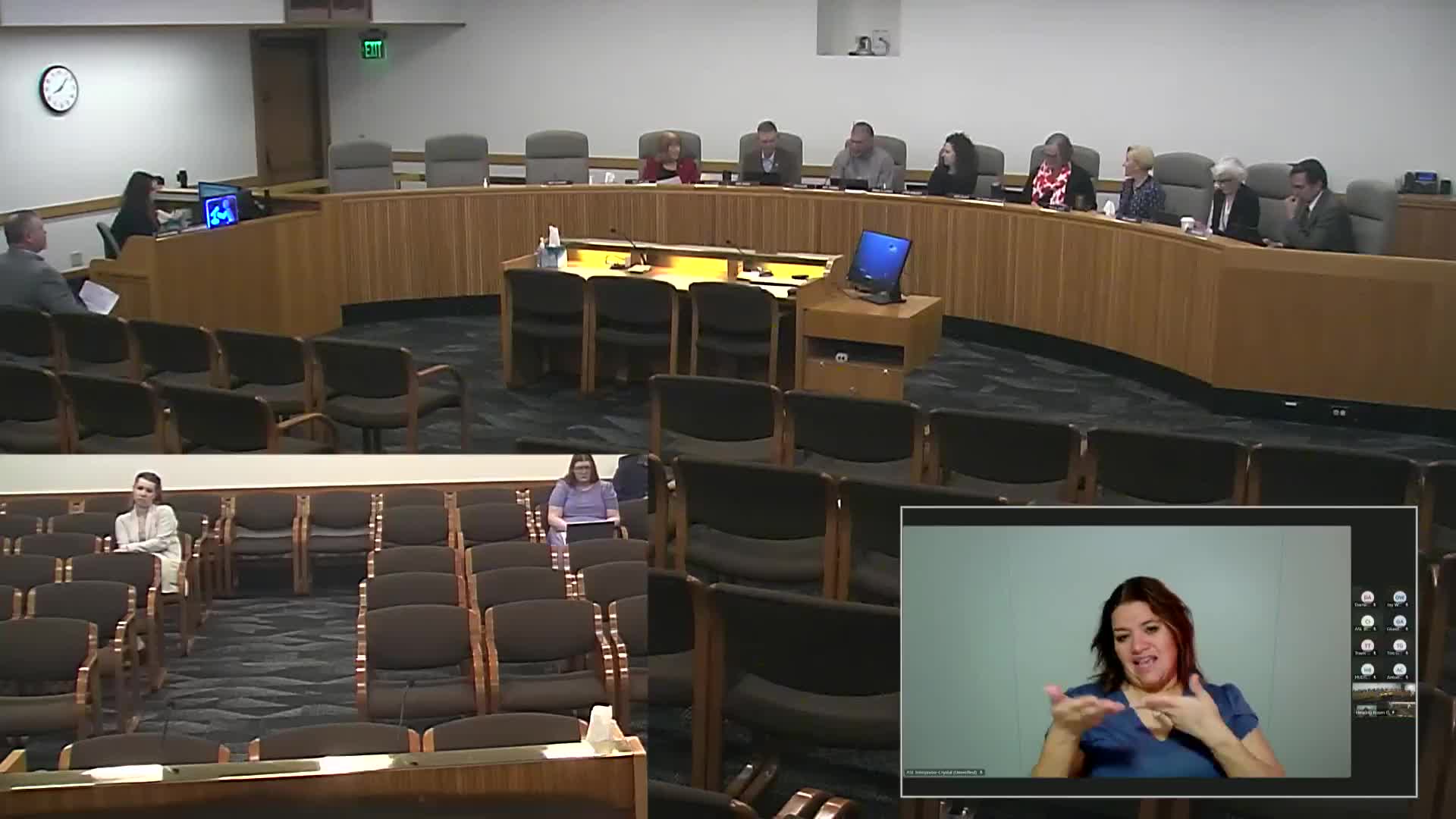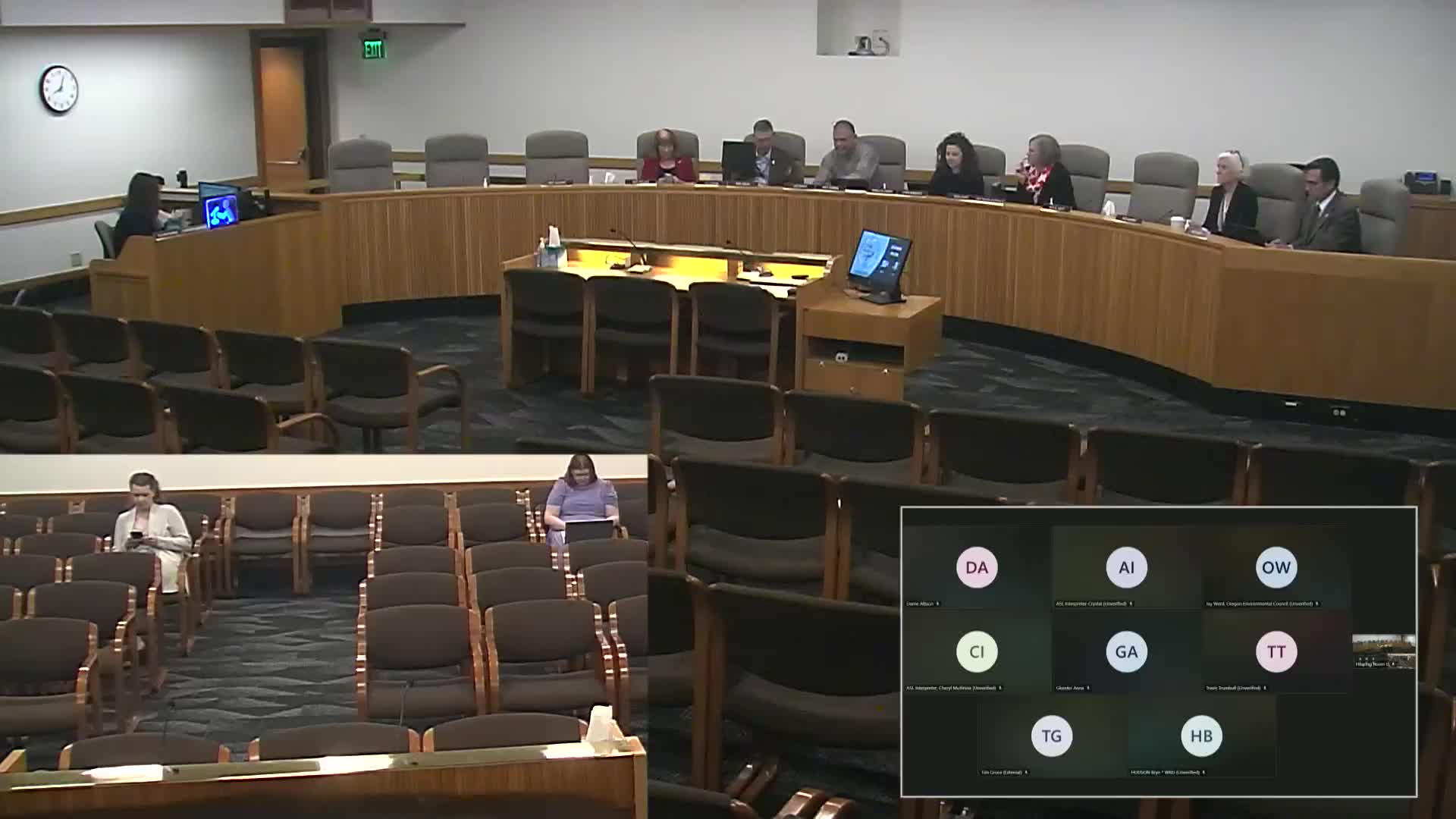Article not found
This article is no longer available. But don't worry—we've gathered other articles that discuss the same topic.

Committee hears mixed views on exempting battery‑powered backpack sprayers from machine‑powered applicator licensing

Committee hears support for temporary leasing of irrigation rights to restore Walla Walla streamflows

